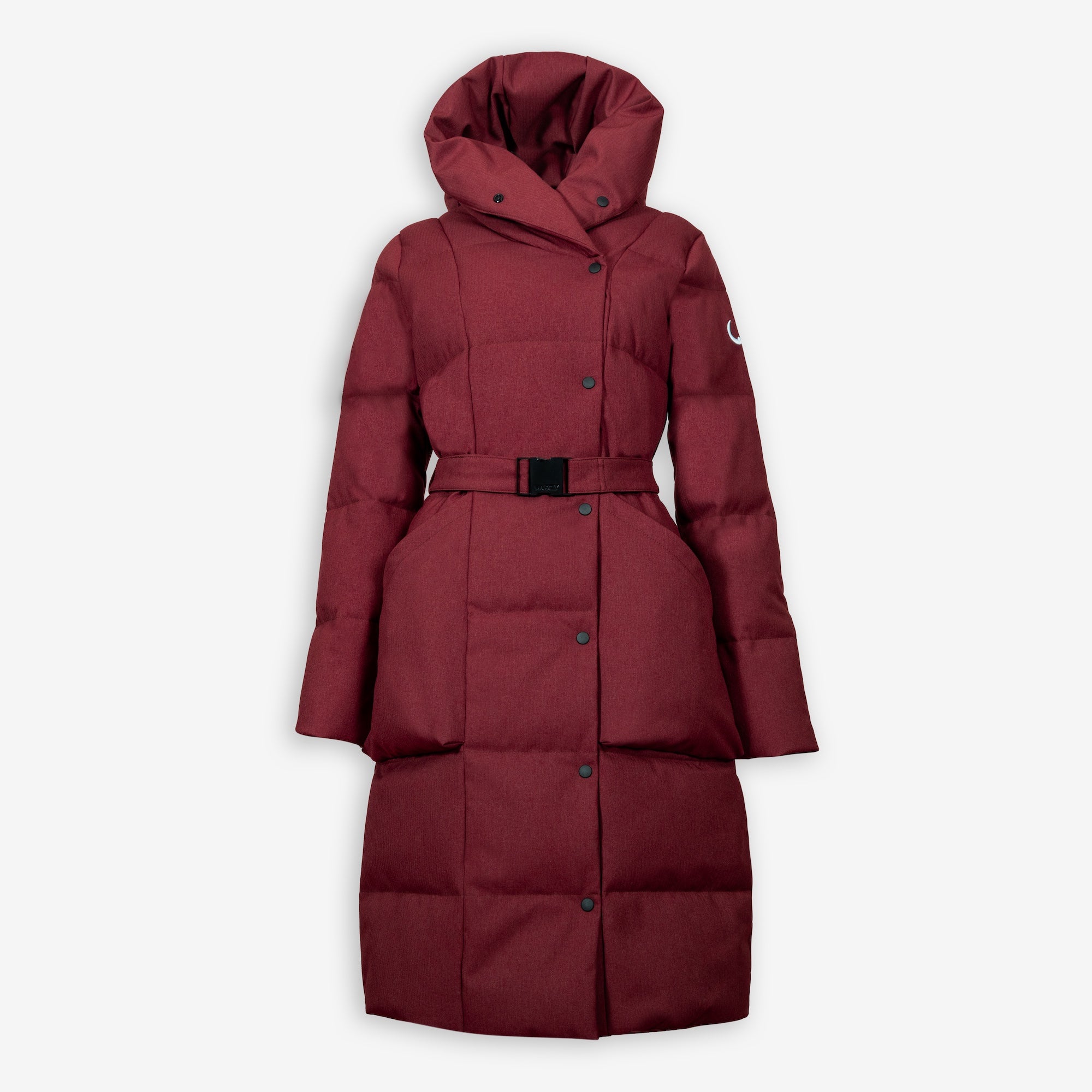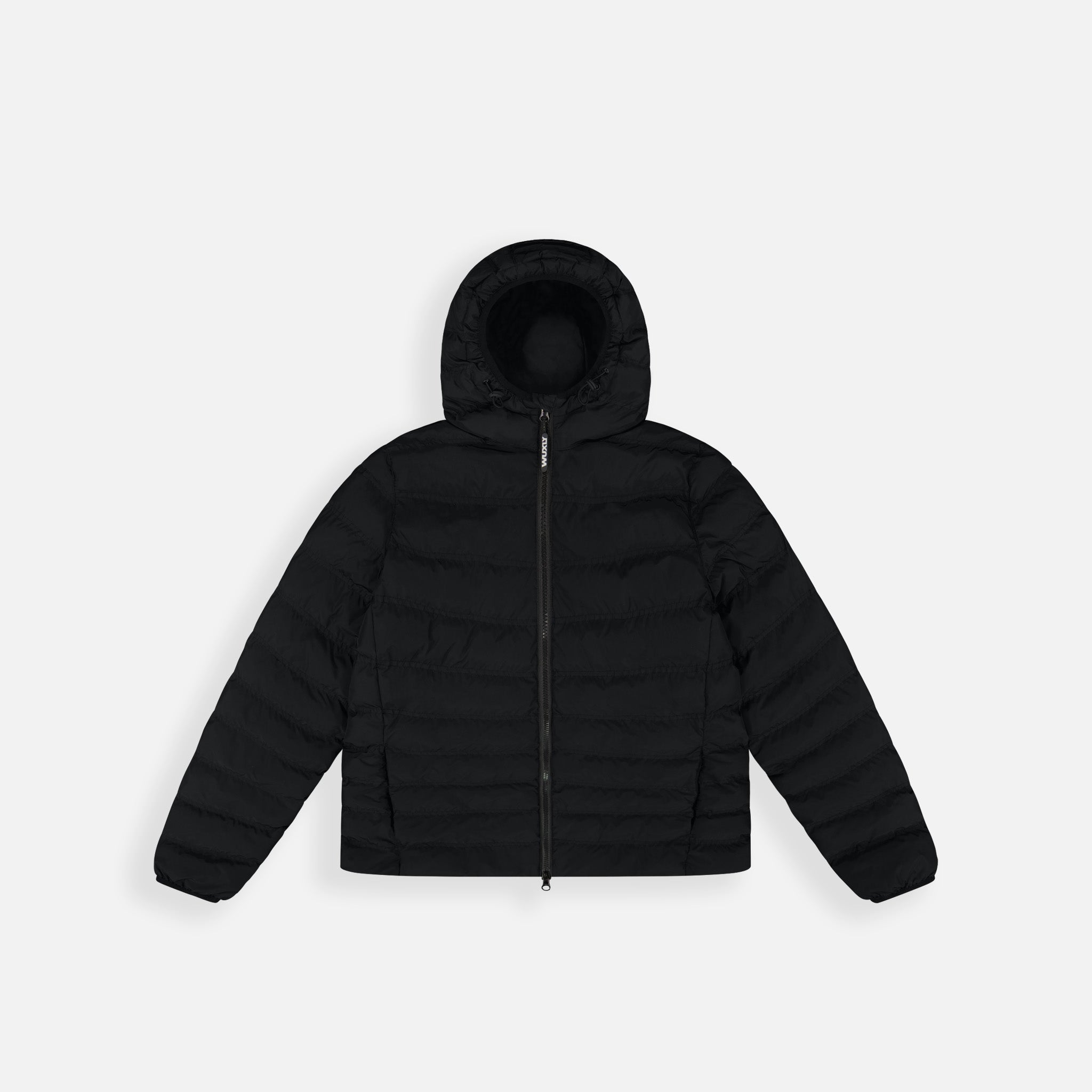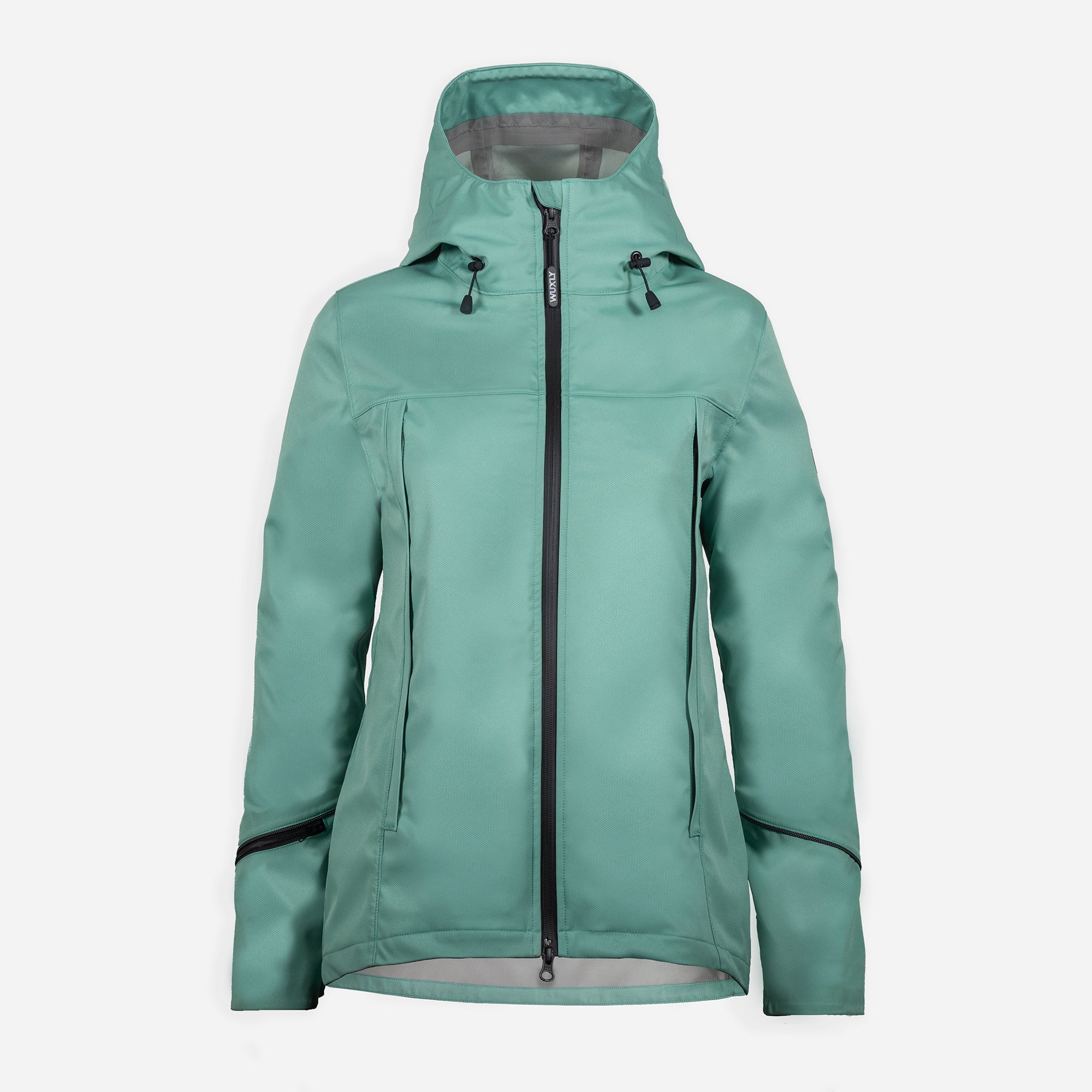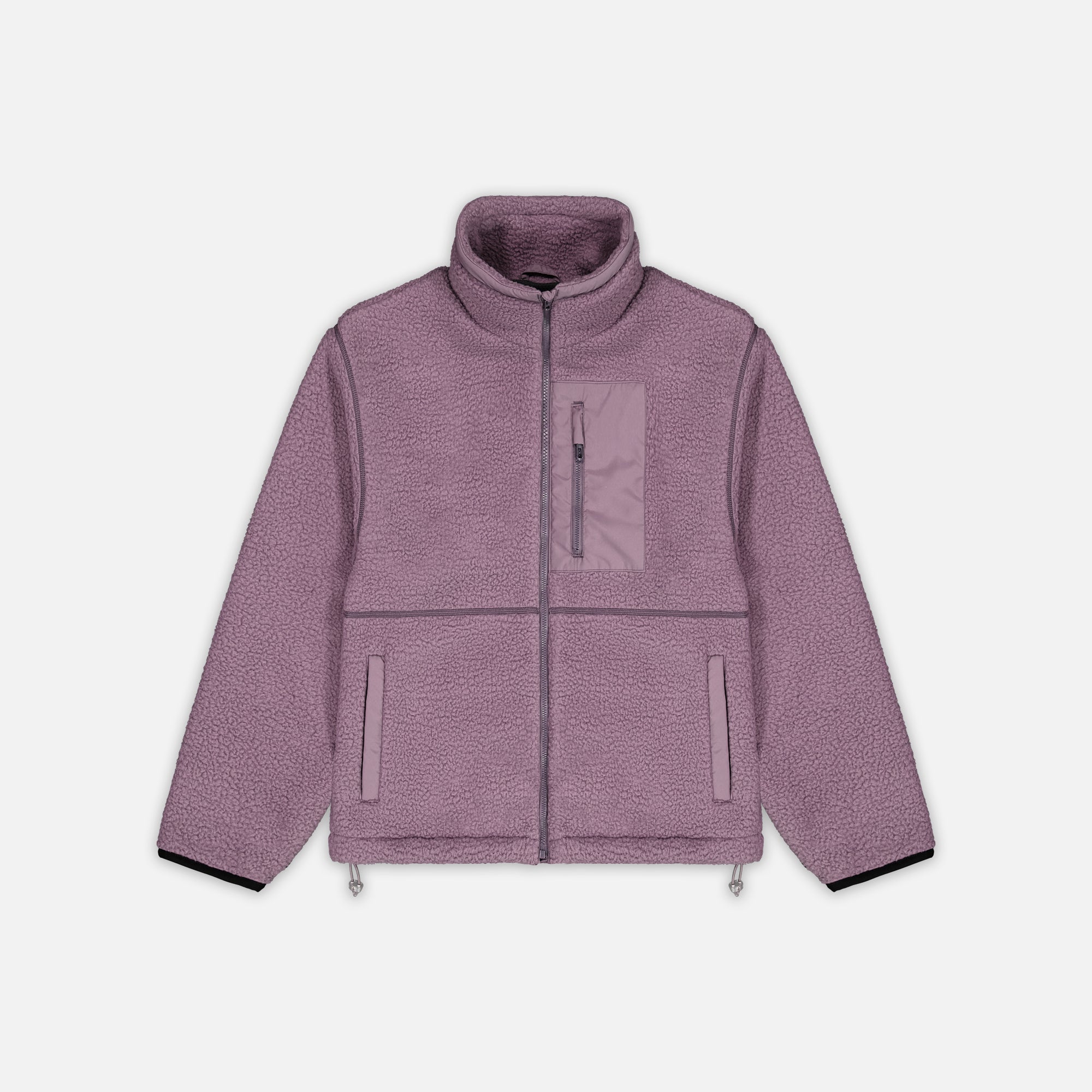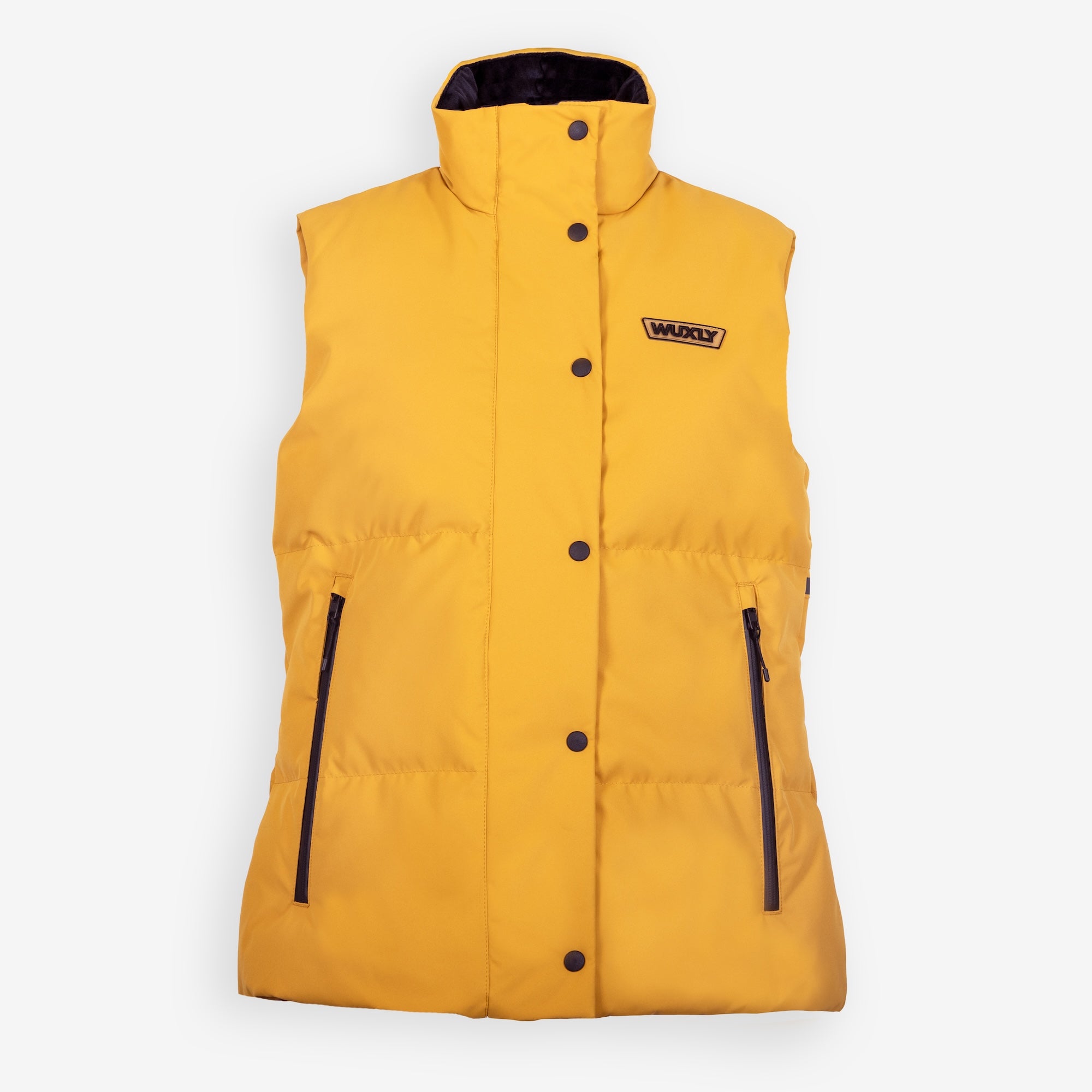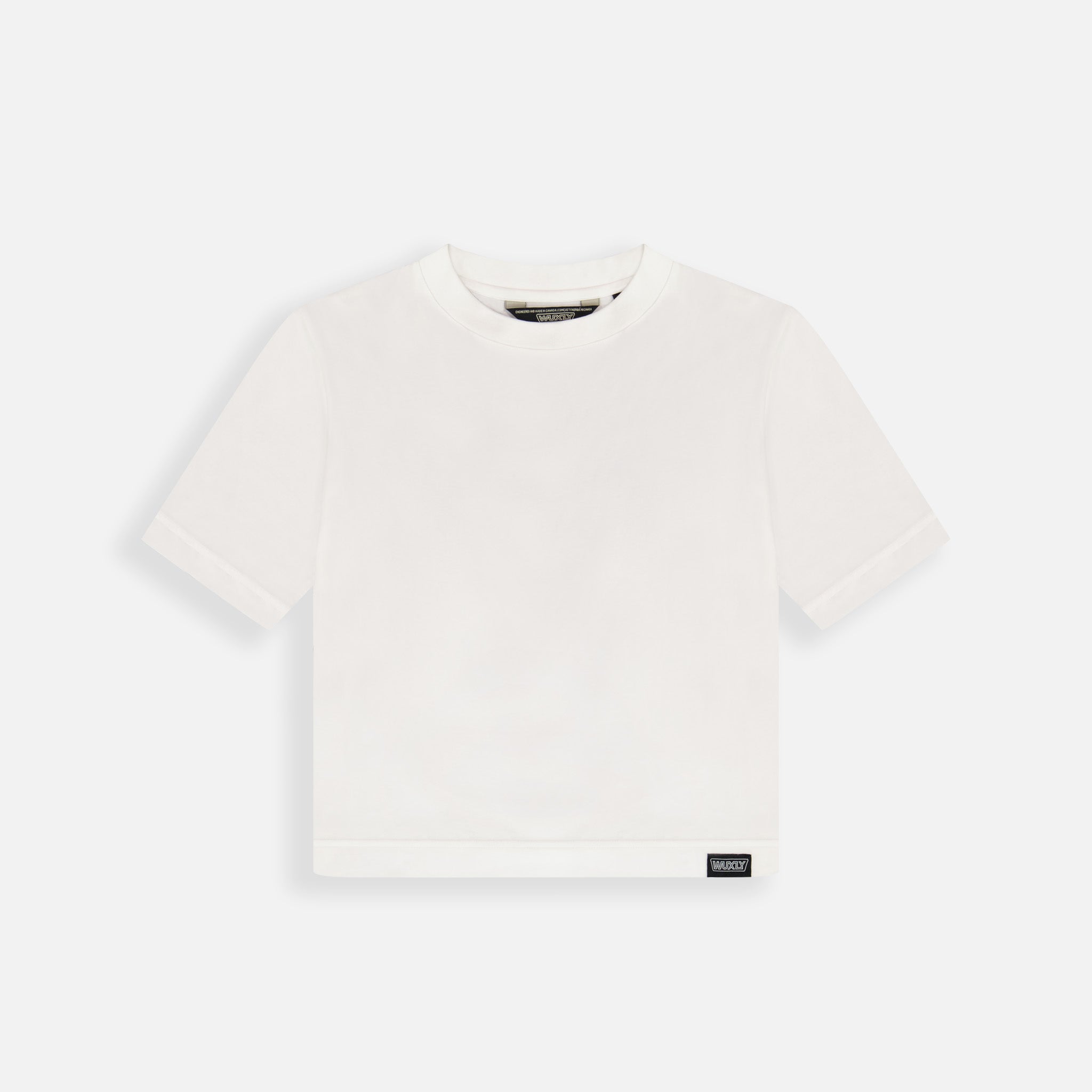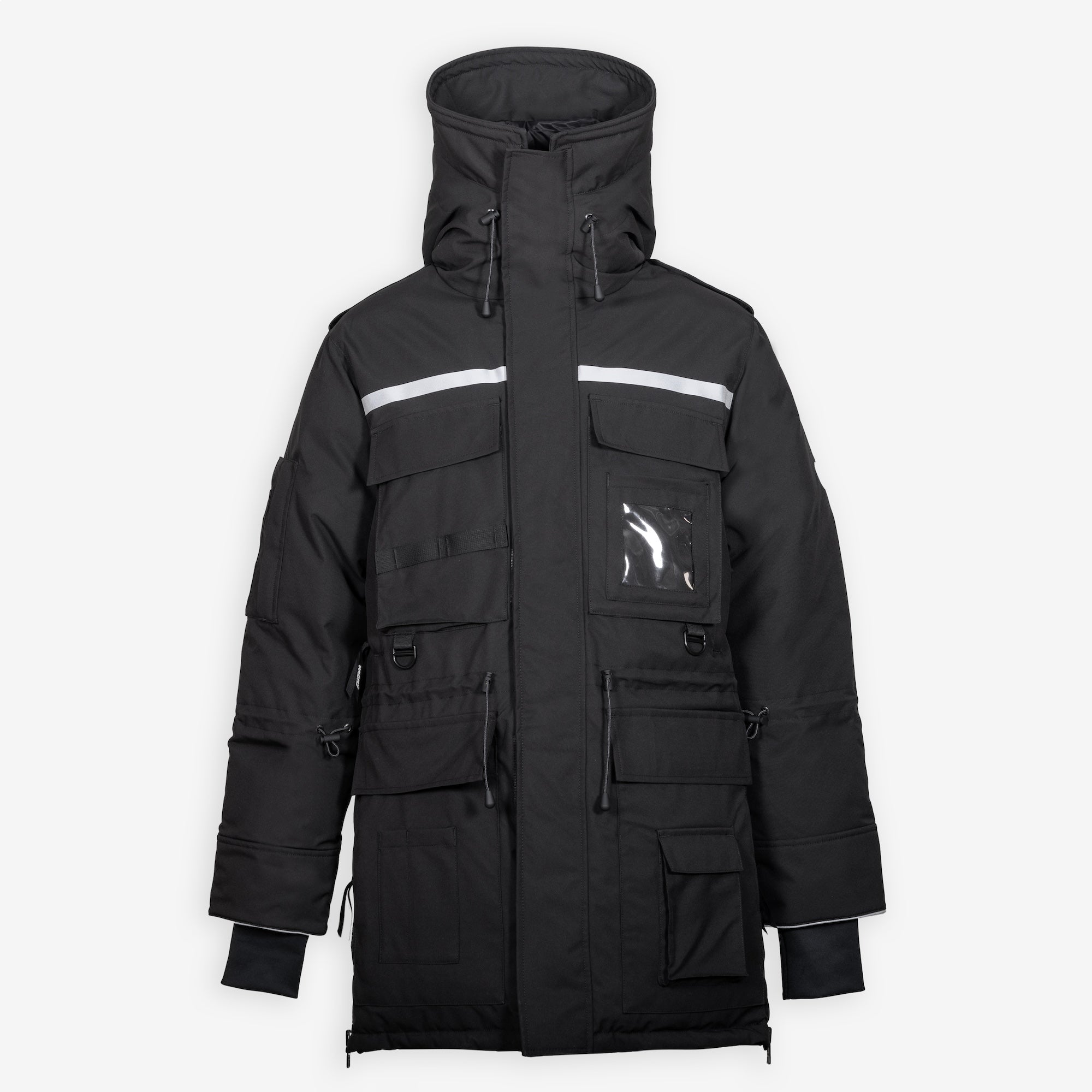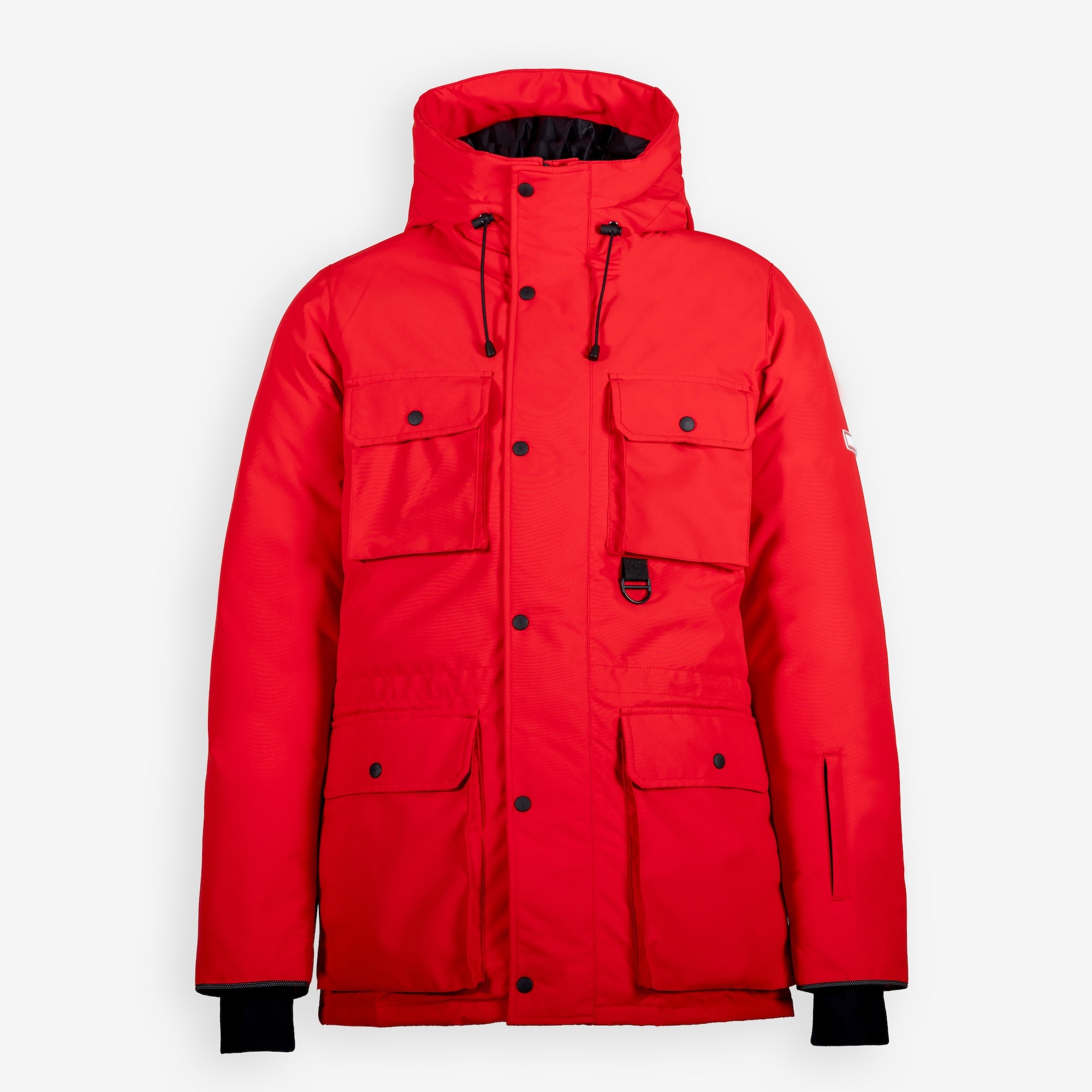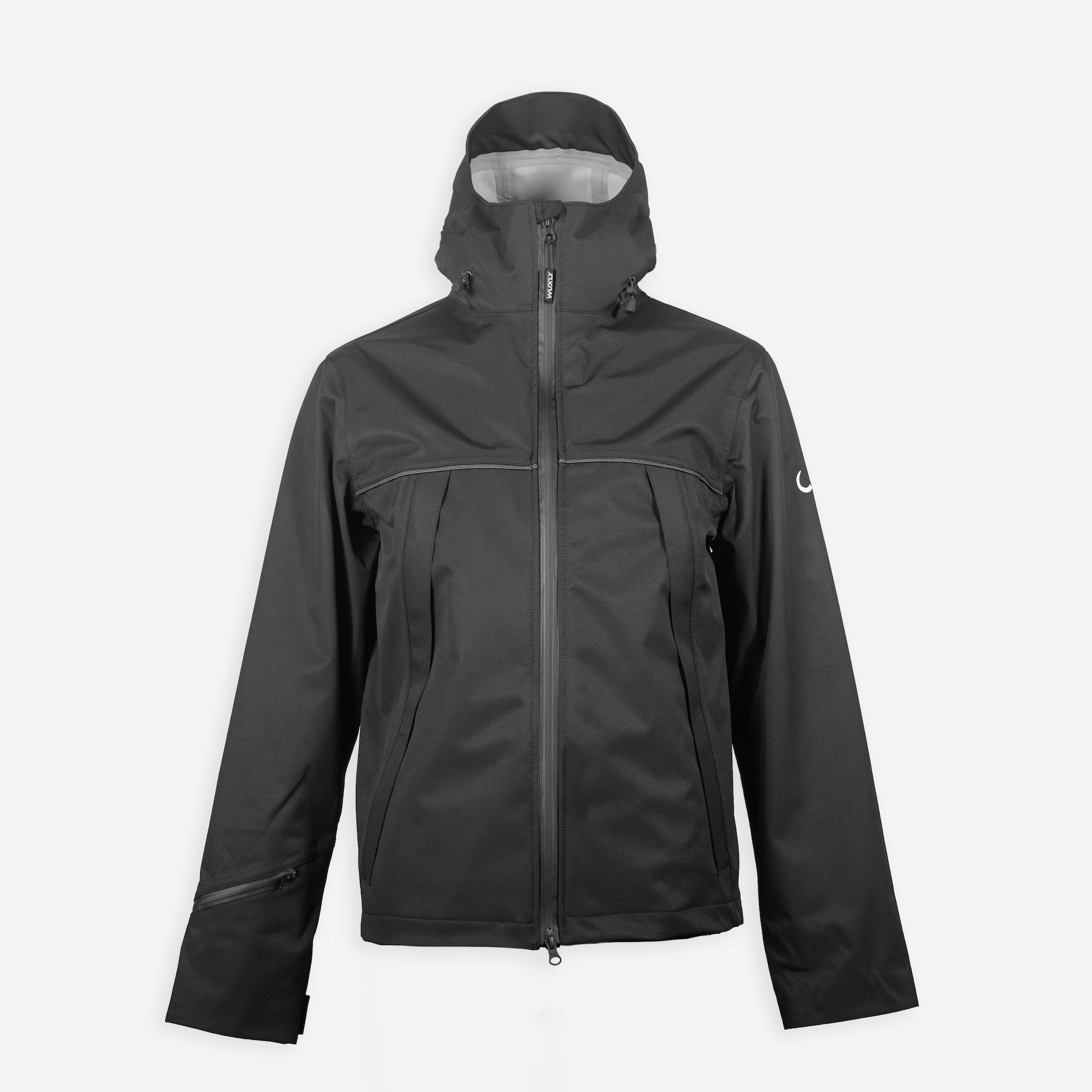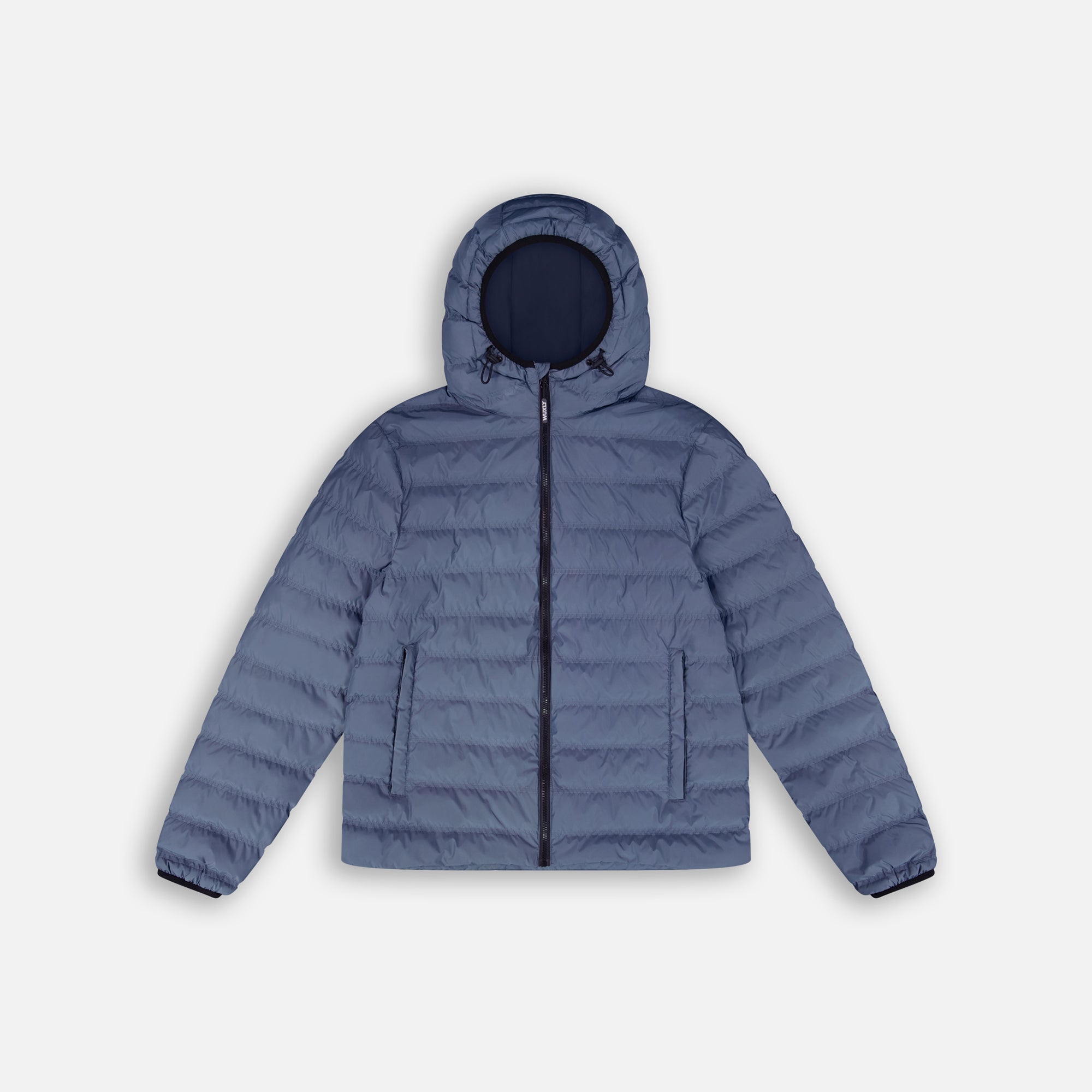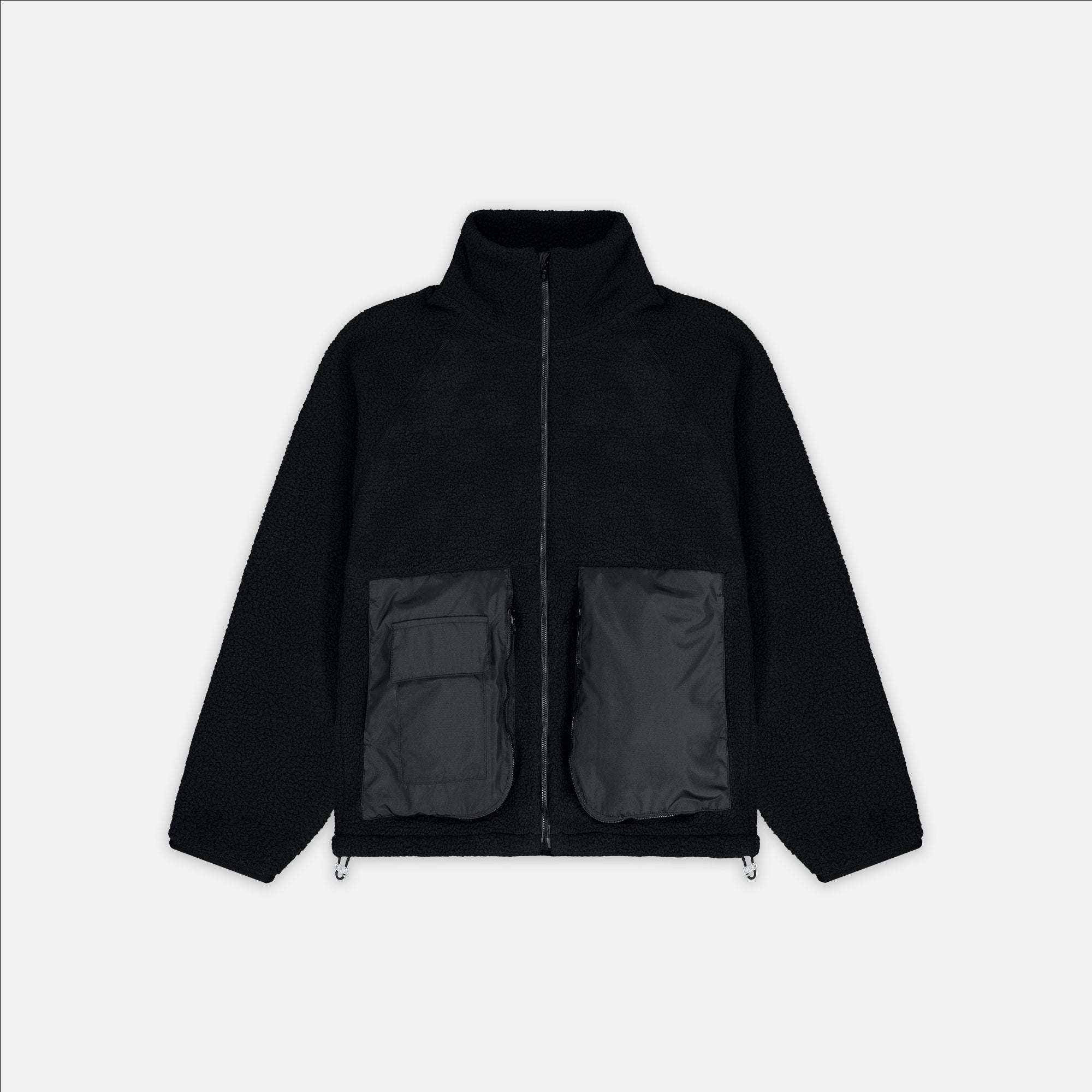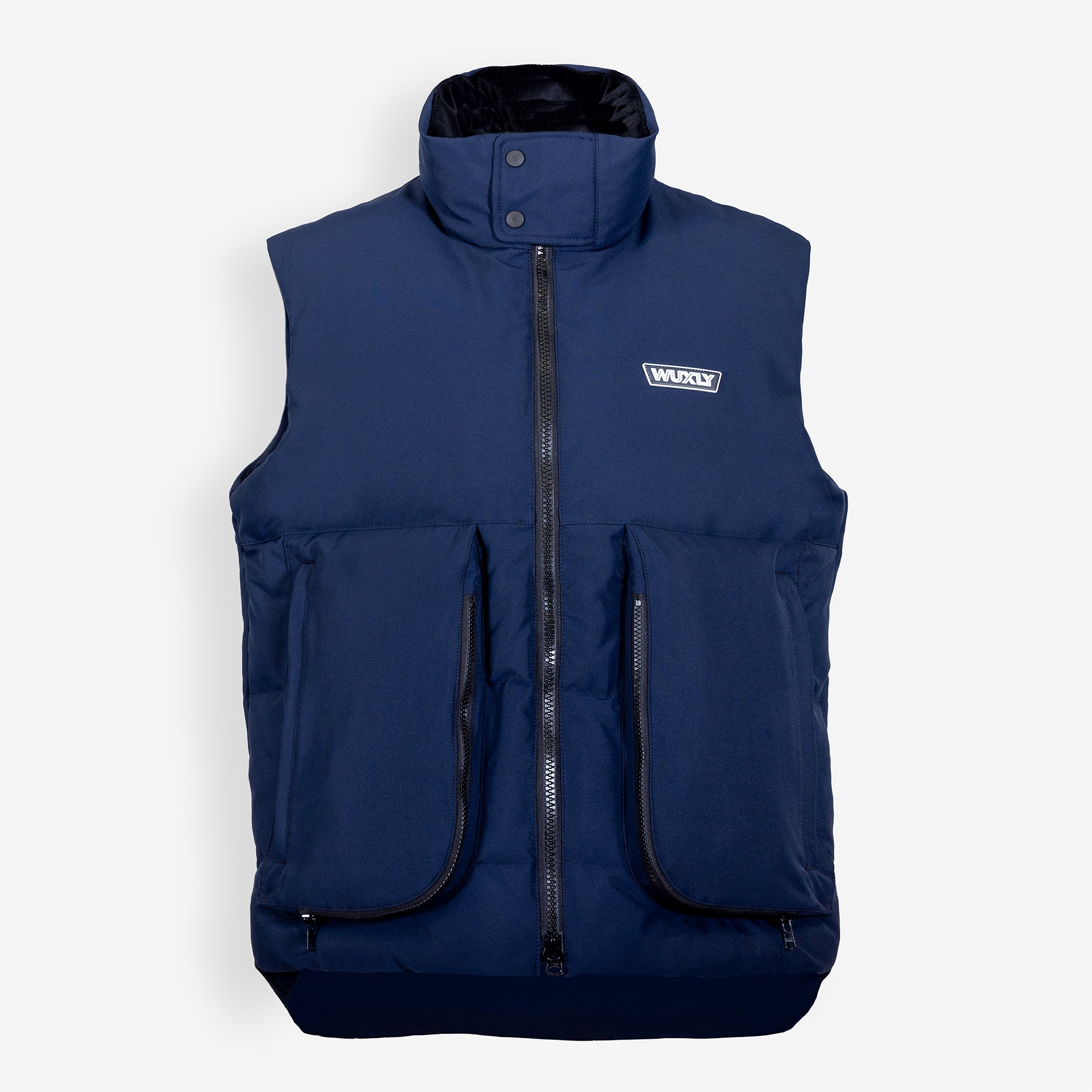Local Manufacturing > Overseas Manufacturing

In the fashion industry, outsourcing to overseas factories has been the preferred method of manufacturing. This has led to the popular movement of “Fast Fashion”, where companies use overseas factories to mass-produce their products in large quantities. Quantity and price are often prioritized over quality and ethics.
Local Manufacturing
The Advantages: Sustainable, supports local workers and businesses.
The Result: Unique clothing pieces made with care and attention to detail. Customers know where their products come from and how they are made.
The Drawbacks: Products are more expensive due to high production costs.
At Wuxly, our goal is to bring warmth to everyone and everything through our manufacturing process. We choose local manufacturing as it benefits the local Canadian economy, ensures that workers are treated ethically, and lowers our overall carbon footprint.
Fast fashion and overseas manufacturing
The Advantages: Cheap, efficient labour.
The Result: Trendy clothing made very fast at a low cost.
The Drawbacks: It is harmful to the environment and society, affecting the whole manufacturing and fashion industry. Social injustice and environmental damage are all the hidden costs to creating the cheap clothing we constantly buy.


How overseas manufacturing in fast fashion impacts the environment
- Materials: The materials and fabrics used in fast fashion can require tons of water and pesticides to grow, and can release toxins and waste into the air and local bodies of water.
- Production: Manufacturing uses a large amount of energy and resources. Factories rely mostly on fossil fuels, which emits greenhouses gases and emissions.
- Shipping and storage: Fast fashion increases transportation-related emissions, energy use and one’s overall carbon footprint.
- Disposal: Fast fashion products have a short lifetime since trends are always changing. As a result, billions of pounds of clothes end up in landfills each year because of poor quality, and often these clothes will not decay due to their synthetic material.
How overseas manufacturing in fast fashion impacts society and the workers
- Few labour regulations: Manufacturing is mainly outsourced to developing and low-middle income countries such as China and Bangladesh. These countries have few laws regarding labour conditions and wages and workers are often exploited for their labour.
- Underpaid labour and long hours: Workers, which may also include children, would be paid as little as $2 a day while working long hours.
- Hazardous working conditions: Factories are often not safe and thousands of workers become ill from diseases and injured or killed from factory fires, collapses or explosions.

You can help!
As consumers, we can do our part to combat fast fashion, climate change and societal injustice. But where do we start?
Who made my clothes? Where do they come from? Is the brand being transparent about the origin of their clothing?
Take good care of the clothes you own by repairing your current wardrobe. This includes reselling, upcycling, and donating.
Quality over quantity - buy from ethical and sustainable brands or shop second hand.
Written by Chloe Chin
0 comments

